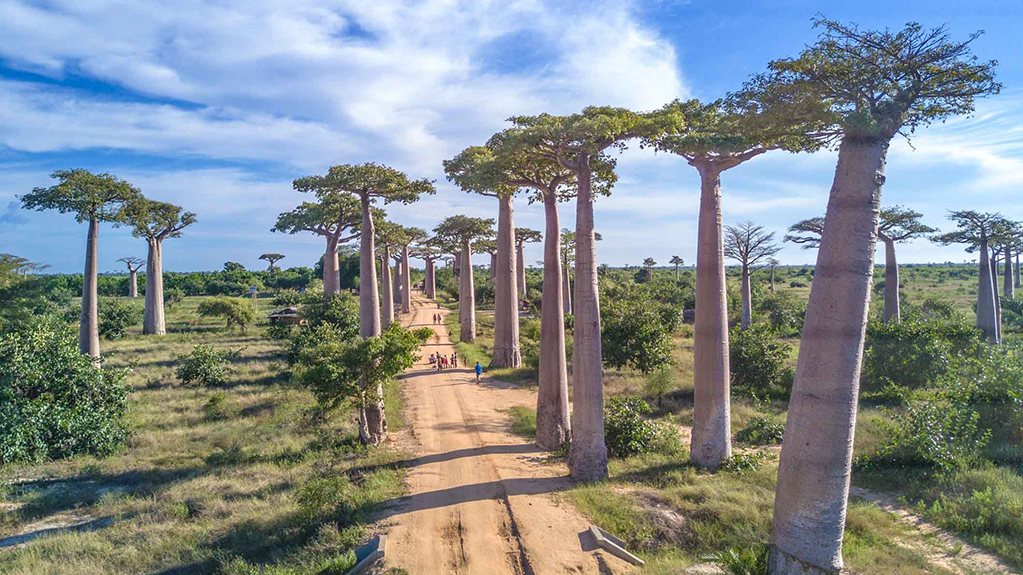After protests by environmentalists, the Kenyan government has suspended the permits issued for uprooting and exporting baobabs from Kilifi County to Georgia. According to the agreement between the private company and the residents of Kilifi, eight baobabs were planned to be exported to Georgia. The baobabs were to be transplanted into the dendrological park arranged by the former Prime Minister, Bidzina Ivanishvili.
News
On November 21, at a press conference in Nairobi, Environment and Forestry Minister Soipan Tuya said that on October 28 a private company applied to the National Environment Management Authority for permission to uproot baobabs. By the time they began uprooting the trees, they were still waiting for the permit to be approved, so it was against regulations. The National Environment Management Authority appealed to the court to stop the uprooting process.
“It seems that the private company did not stop and obtained the Environmental Impact Assessment license of National Environment Management Authority, which was illegally issued by the Director of Environmental Protection in Kilifi County,” the minister said.
According to her, the environmental impact assessment document, which was used for uprooting the mentioned trees, will be canceled. In addition, the Kenya Forest Service has been ordered to revoke the permit to transport the baobab trees before getting a comprehensive assessment of the matter.
“The uprooting of baobab trees required adequate authorization and a clear and transparent formula for sharing benefits to the community, which in this case was clearly not obtained legally,” outlined the minister.
According to the government's decision, baobab trees will not be exported until the agreement between the parties won’t be regulated by the relevant authorities, and will not be in compliance with the Convention on Biodiversity and the National Environmental Management Service.
According to an article by the British publication The Guardian, at the end of 2019, local and foreign contractors, led by Georgian citizen Giorgi Gvasalia, began searching for baobabs in Kilifi County. In search of the “ideal” trees, they scouted areas using drones and were willing to pay 100,000 to 300,000 Kenyan shillings (800 to 2,500 USD) for a suitable tree.
According to Gvasalia, the search for trees began after he heard that the locals were cutting down baobabs to make way for farming. “They were killing [the trees] even without me because they want to plant maize,”, he said. “I don’t see anything wrong if we save the tree, which they can’t use for firewood or charcoal. I don’t see any tragedy here. [The] tragedy is killing trees for nothing.”
Baobab is a unique type of tree that can live for thousands of years. It is part of Kenya's natural heritage and has been protected by the Constitution since 2010.
Environmentalists came out against the uprooting of baobabs from Kilifi and moving them to Georgia and called on the government to take measures. Environmentalists say many of the giant baobabs are dying as a result of climate change, but now they face a new threat called “biopiracy”.















